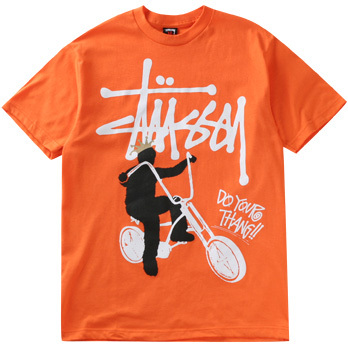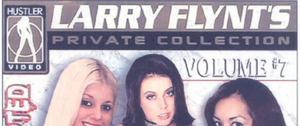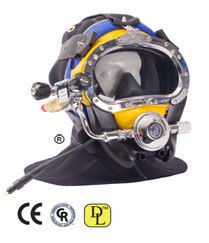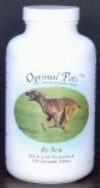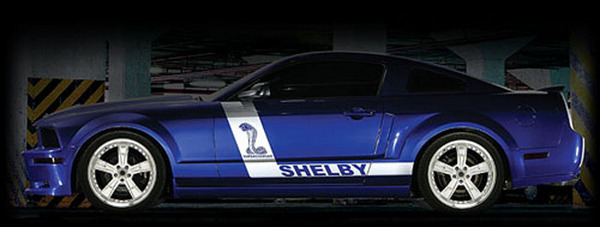Los Angeles, CA – Trademark attorneys for F.C. Kingston LLC and Storm Manufacturing Group, Inc. (“Kingston”) filed a trademark infringement, unfair competition, and trade secret misappropriation complaint, at the Central District of California (Los Angeles Division), against Kingtech LLC – a company operated by Daniel Marshall and Reed Ferguson, two former Kingston employees. Kingston designs and manufactures “metal valves and custom fittings serving many industries including compressed air, floor cleaning, automotive, medical/dental, industrial flow control, and food service.” Since 1908, Kingston has used the “Kingston” trademark and has obtained a USPTO trademark registration. And starting in 1970 it began stamping its products with a “K” in a circle mark, a trademark application for which is currently pending at the USPTO.
Kingston alleges that Marshall was hired in 2000 as a Quality Engineer and became a Senior Brand Manager in 2005, where, through his job duties, “Marshall had a close relationship with all of Kingston’s suppliers and customers, and was intimately familiar with all of Kingston’s suppliers and customers, and was intimately familiar with the branding of Kingston’s goods and its extensive use of the Kingston Marks.” Plaintiff alleges that Ferguson was hired in 2005 as the national sales manager and worked closely with Marshall “regarding customer acquisition, pricing, promotion, new product development and target market selection.” Both Marshall and Ferguson signed employment agreements in which they agreed that they would not disclose Kingston’s “confidential or proprietary information, including information concerning customer lists, pricing, drawings, and marketing data.” Marshall was allegedly terminated in January of 2008 and Ferguson resigned last June.
Kingston alleges that a few months before resigning, Ferguson asked for and received an Excel spreadsheet providing detailed information about every sale that Kingston had made in the past five years. “Such a compilation of information is obviously not available to the public, and permits its user to know not only who every one of Kingston’s almost 2,000 customers are, but exactly what they have ordered, when they ordered it, and the precise price paid…Ferguson then proceeded to email the entire spreadsheet from his work email account to his personal email account.” The complaint alleges that Ferguson shared the stolen spread sheet with Marshall, who had set up the competing Kingtech business.
 Los Angeles, CA – Konami Digital Entertainment filed a trademark and copyright infringement lawsuit (details here) against Vintage Sports Cards, Inc. over sales of Yu-Gi-Oh! trading cards. Konami then discovered that Upper Deck Company allegedly supplied the the infringing cards to Vintage. Konami amend its complaint to add Upper Deck and moved for preliminary injunction while the case was pending, preventing further sales of allegedly unauthorized cards by Upper Deck.
Los Angeles, CA – Konami Digital Entertainment filed a trademark and copyright infringement lawsuit (details here) against Vintage Sports Cards, Inc. over sales of Yu-Gi-Oh! trading cards. Konami then discovered that Upper Deck Company allegedly supplied the the infringing cards to Vintage. Konami amend its complaint to add Upper Deck and moved for preliminary injunction while the case was pending, preventing further sales of allegedly unauthorized cards by Upper Deck.  Los Angeles Intellectual Property Trademark Attorney Blog
Los Angeles Intellectual Property Trademark Attorney Blog



